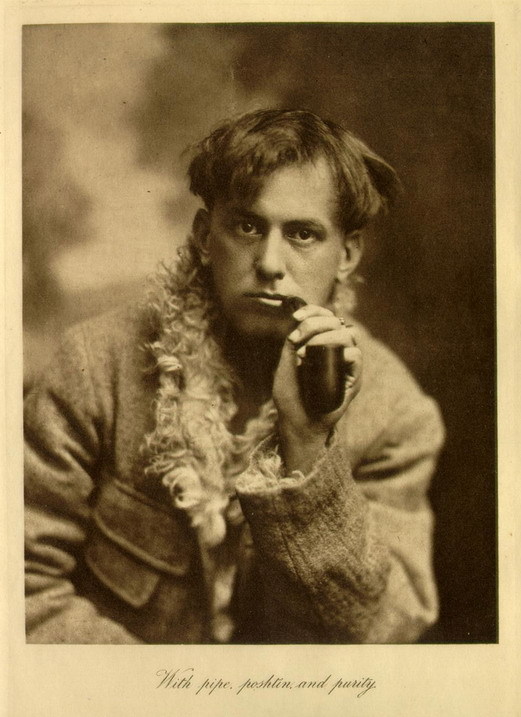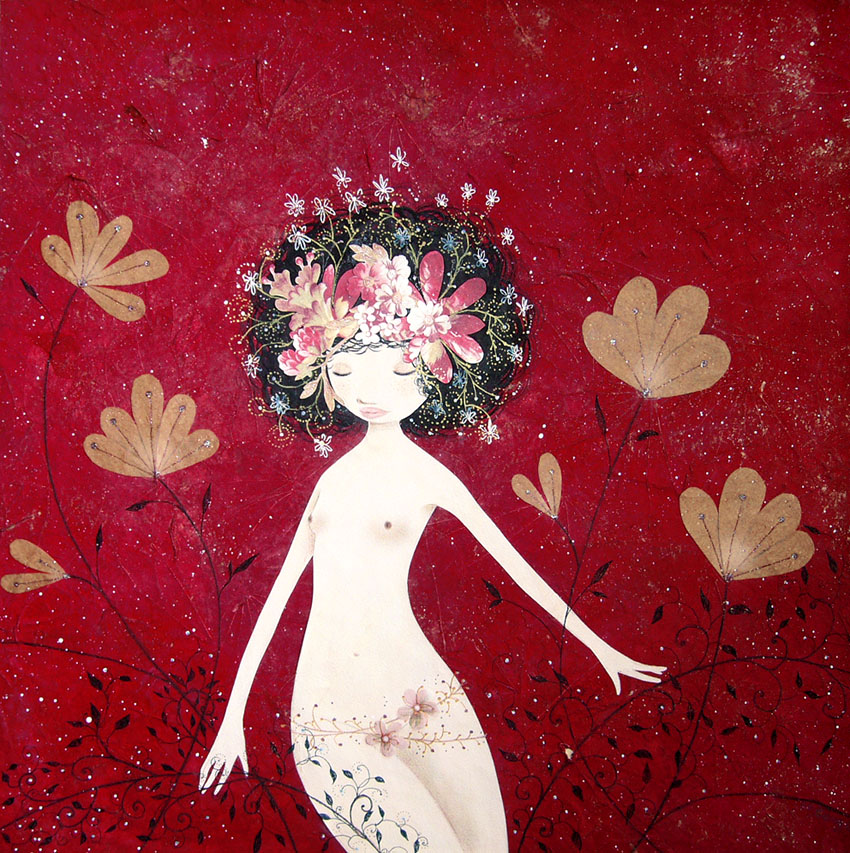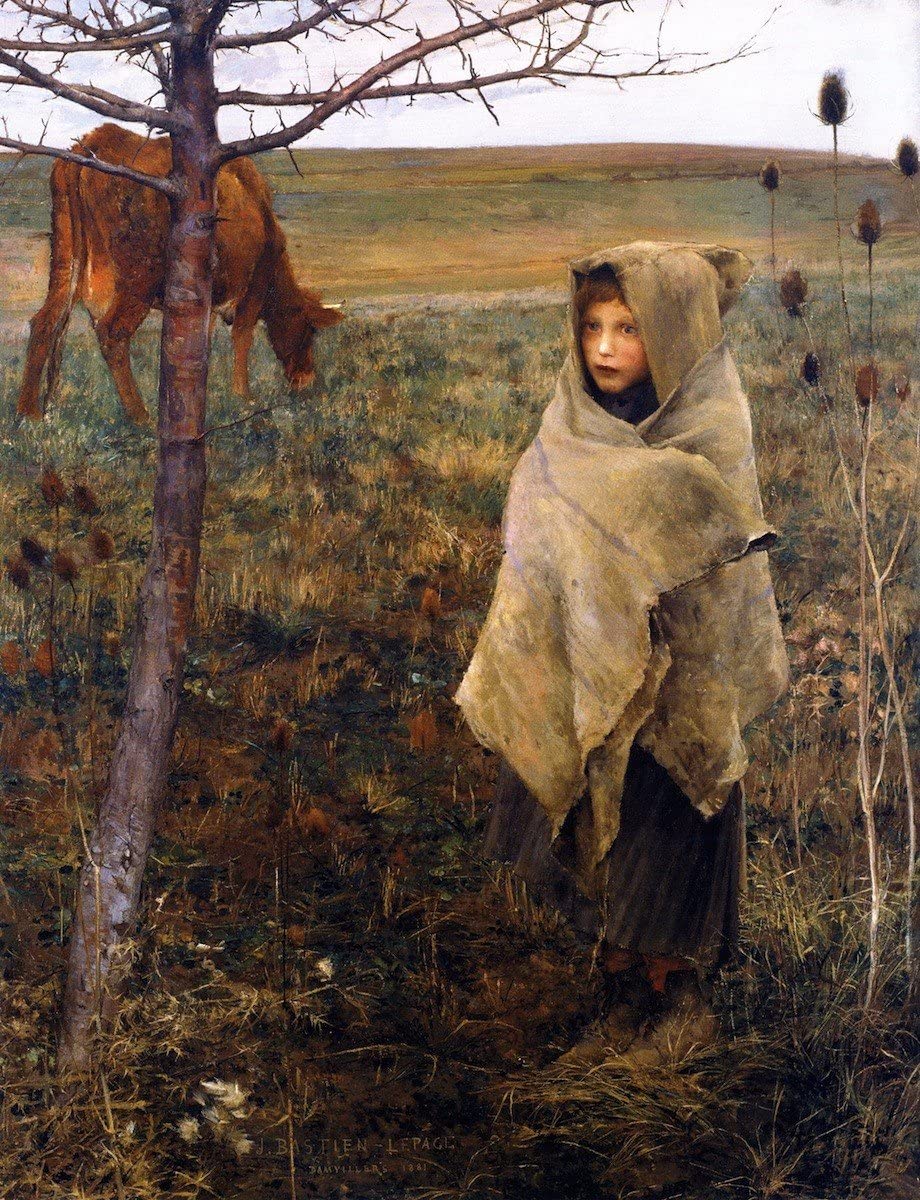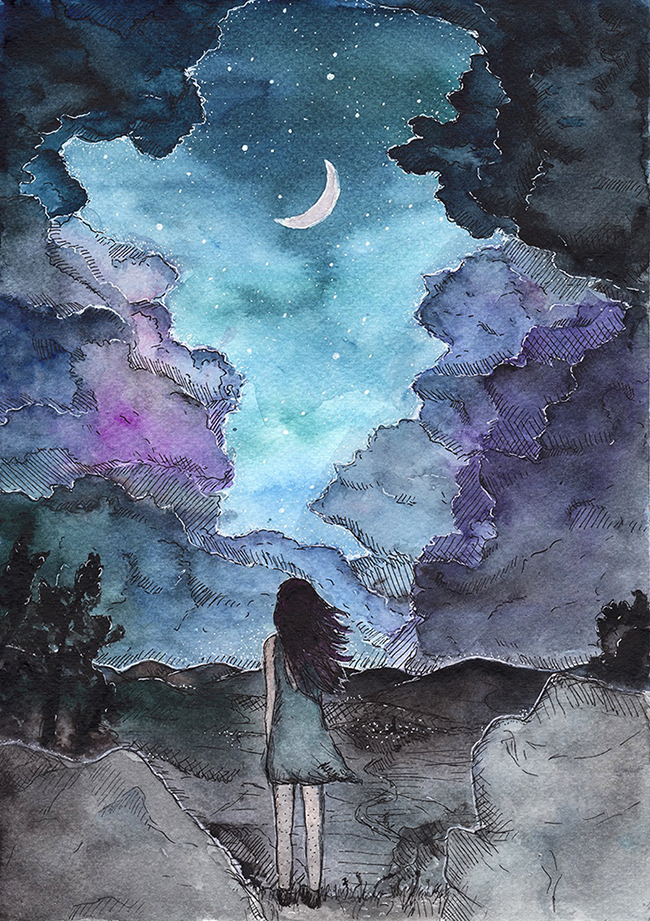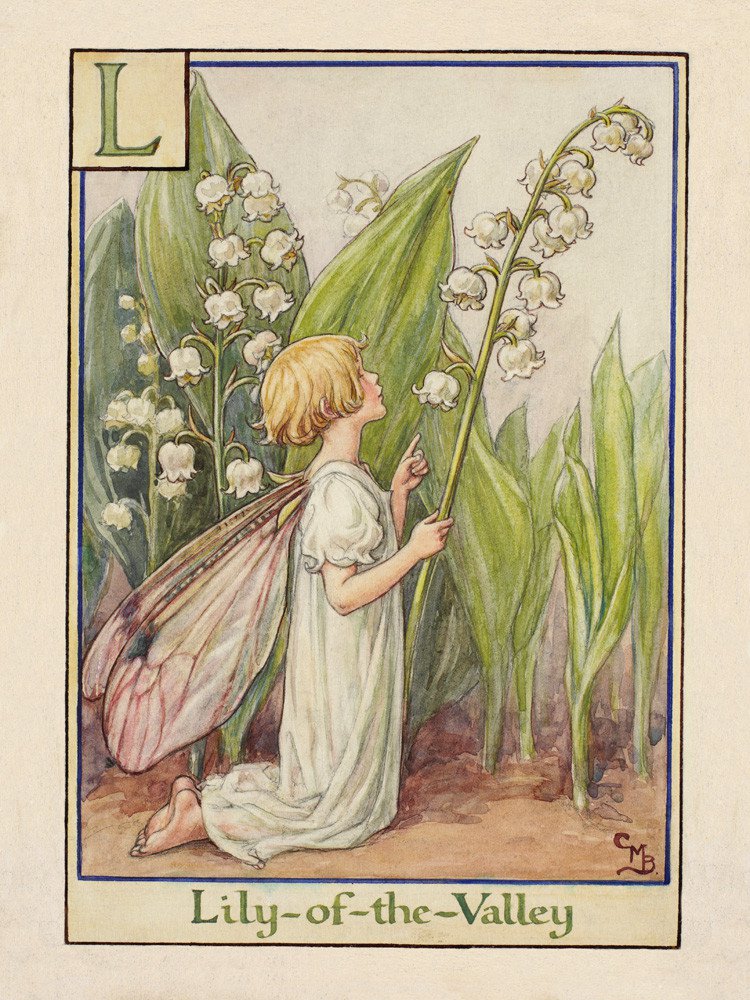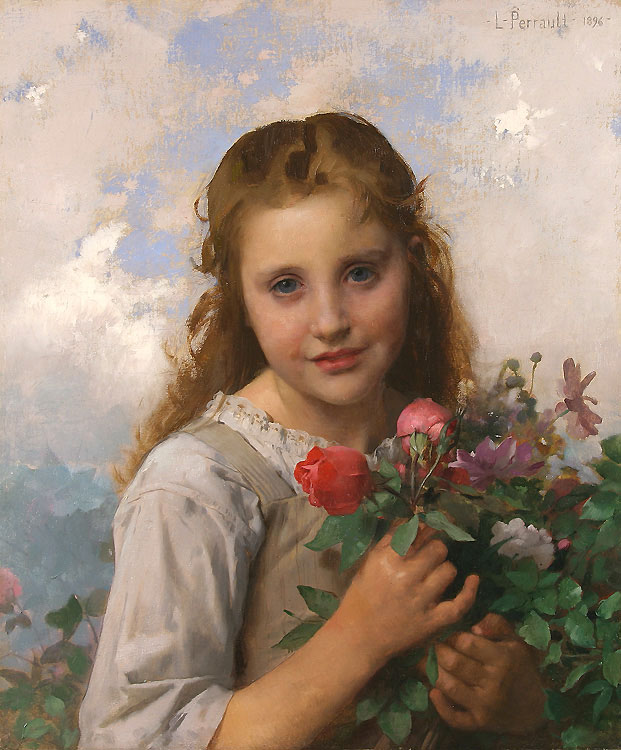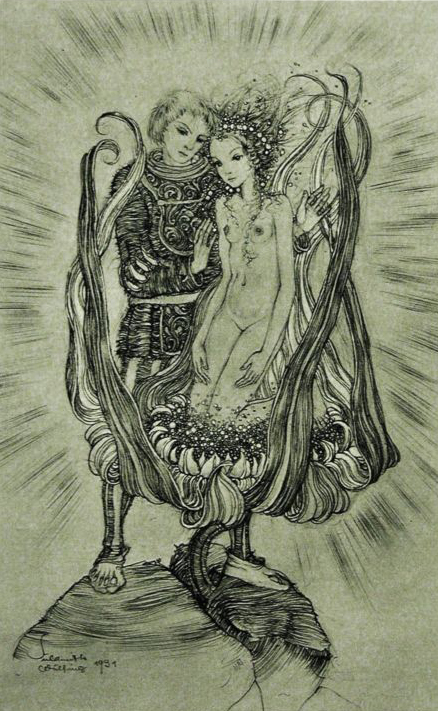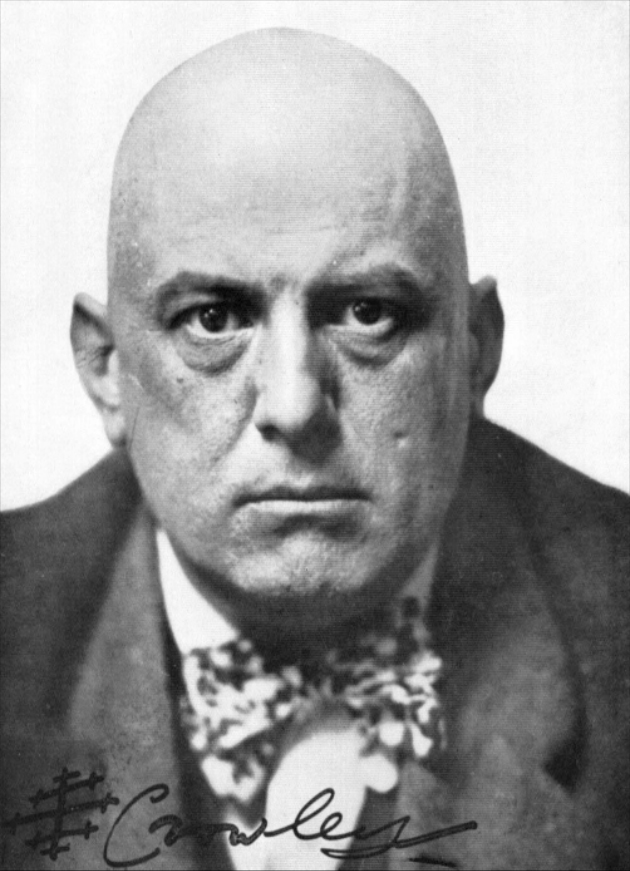
In a previous post, I described a surrealistic walk that I made in 2015, starting with Ernest Dowson’s passion for absinthe, then meeting other poets, MoonCCat, Bertolt Brecht and Jim Morrison, and finally ending at Dowson’s great passion, little girls. Throughout this path I encountered the moon, which presides over the impermanence of all things.
Now I will relate my mysterious journey in the shadow of a fearful and scandalous magician: Aleister Crowley, whom the British journal John Bull called “the wickedest man in the world” and “a man we’d like to hang.” It is a secret world, which must be evoked in metaphorical language. CONTINUE READING / CONTINUER LA LECTURE…


